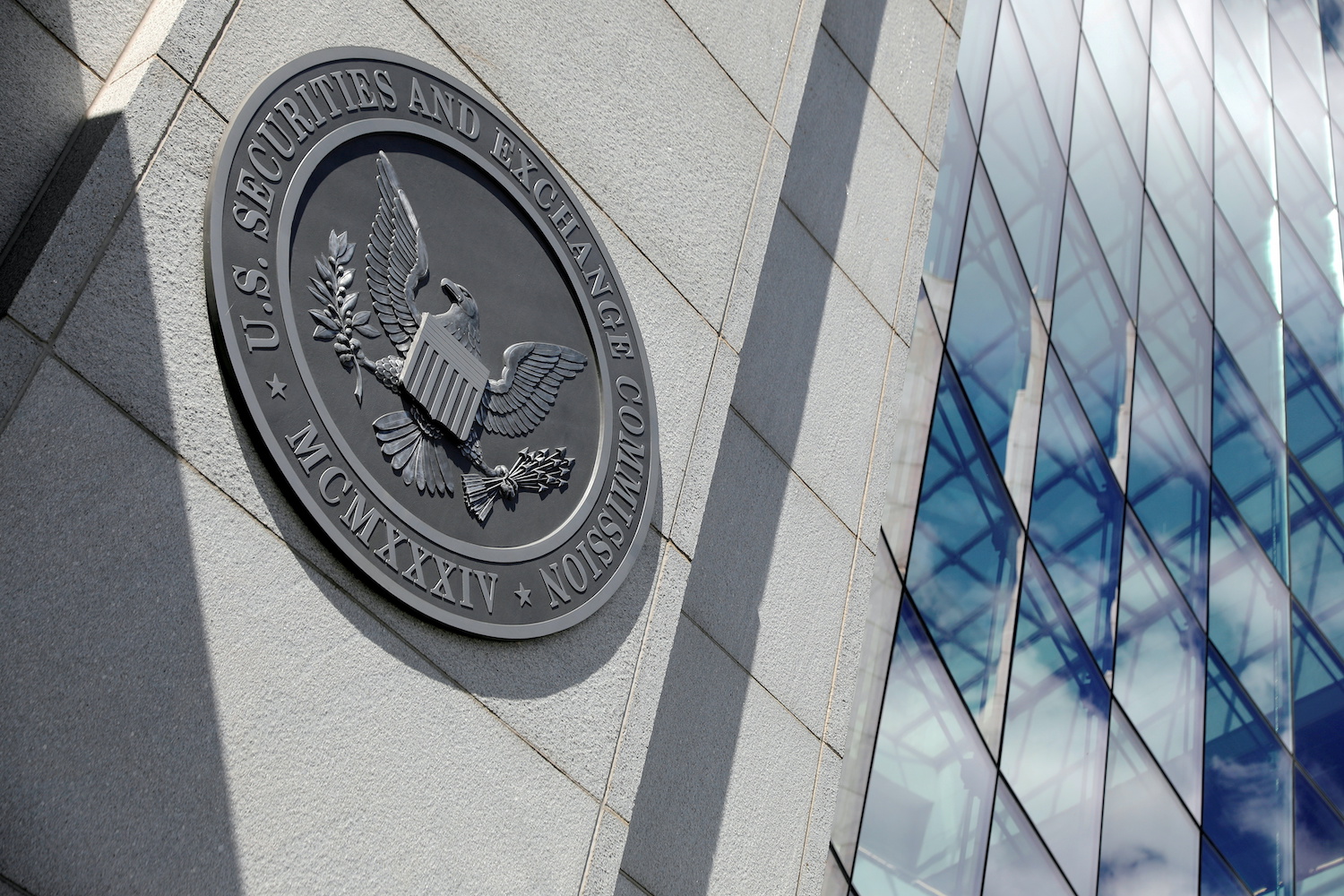• SEC wants firms to reveal risks of Beijing interference
• No major US IPO of a Chinese company is in the works
The U.S. securities regulator will not allow Chinese companies to raise money in the United States unless they explain their legal structures and disclose the risk of Beijing interfering in their businesses, the agency said on Friday.
Securities and Exchange Commission staff have been asked to “engage in targeted additional reviews of filings for companies with significant China-based operations, ” Chair Gary Gensler said in a statement. He added that in light of Beijing’s recent crackdown on overseas listings, the SEC would seek additional disclosures from Chinese companies before making their registrations effective.
The move follows China’s clampdown on ride-hailing giant Didi Global just days after it listed in New York last month, prompting a steep selloff. It followed up with crackdowns on technology and private education companies, some of which are also listed in the US.
The SEC’s new stance underscores U.S. policymakers’ concerns that Chinese companies are systematically flouting U.S. rules that require public companies to disclose to investors a range of potential risks to their financial performance. It’s also the latest salvo by U.S. regulators against corporate China, which has frustrated Wall Street for years with its reluctance to submit to U.S. auditing standards and improve the governance of companies held closely by founders.
Intense Pressure
The agency has been under intense pressure from U.S. lawmakers to take a tougher line. A group of senators including Republicans John Kennedy and Bill Hagerty wrote to Gensler this week urging “thorough investigations of U.S. listed Chinese companies’ concerning lack of transparency.”
Additional disclosures from Chinese firms should include that investors face “uncertainty about future actions by the government of China that could significantly affect the operating company’s financial performance” and the enforceability of certain contractual arrangements, Gensler’s statement said.
Chinese issuers must also disclose if they were denied permission from Chinese authorities to list on U.S. exchanges and the risks that such approval could be denied or rescinded. In addition, Chinese companies should disclose when Chinese law requires them to list in the United States via an offshore shell company, which carries additional legal risks.
“I believe these changes will enhance the overall quality of disclosure in registration statements of offshore issuers that have affiliations with China-based operating companies,” said Gensler.
Record IPOs
Chinese listings in the United States have reached a record $12.8 billion so far this year, according to Refinitiv data, as companies swooped to capitalize on the U.S. stock market reaching daily record highs.
No major U.S. IPO of a Chinese company is in the works following Didi, as the business community in China tries to come to grips with the regulators’ intentions.
Chinese officials said last week they would bar tutoring for profit in core school subjects to ease financial pressures on families that have contributed to low birth rates, sending shockwaves through the country’s private education sector. This came on the heels of a broad crackdown on China’s massive internet sector amid concern in Beijing over the safety of the personal data of its citizens.
China’s securities regulator met with executives of global investment banks on Wednesday to calm financial market nerves, reassuring them that policies will be rolled out more steadily to avoid volatility, people familiar with the matter told Reuters.
State-backed newspaper China Daily also said Beijing remained supportive of domestic companies seeking to list overseas.
Some Chinese companies cancelled their U.S. IPOs this month. LinkDoc Technologies pulled its offering to raise $211 million soon after Didi’s troubles emerged, while Hello Inc this week announced its U.S. listing plans were on hold.
- Reuters, AF.
ALSO SEE:
SEC starts the clock on audit-linked Chinese stock delistings
This story was updated on July 30 to adjust the headline.
This story was updated on July 31 to add details of a statement by the US Securities and Exchange Commission.
























